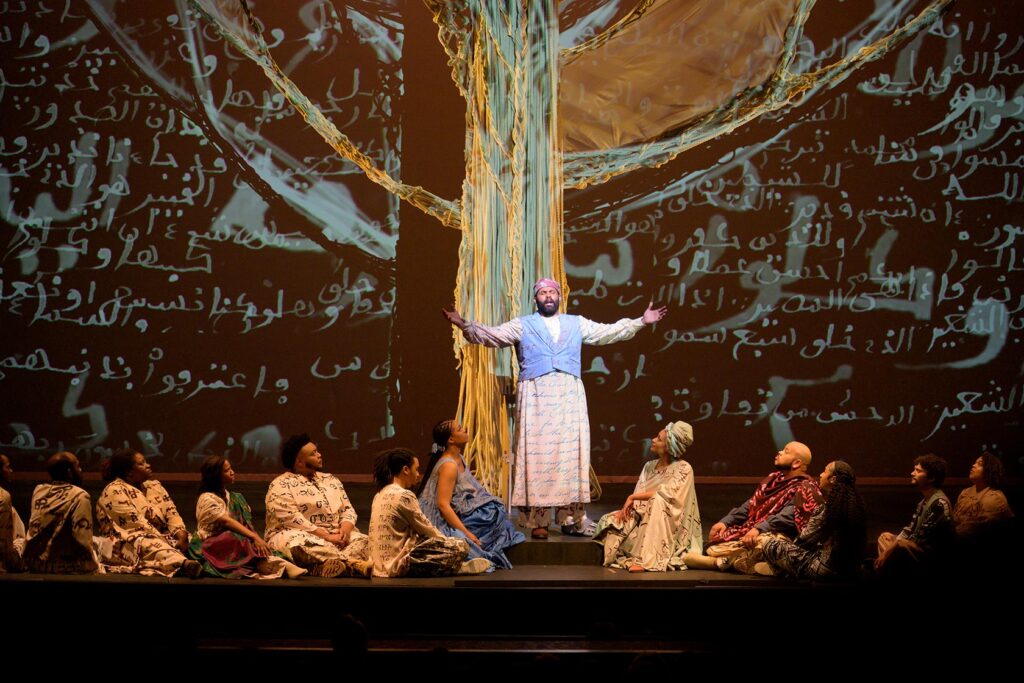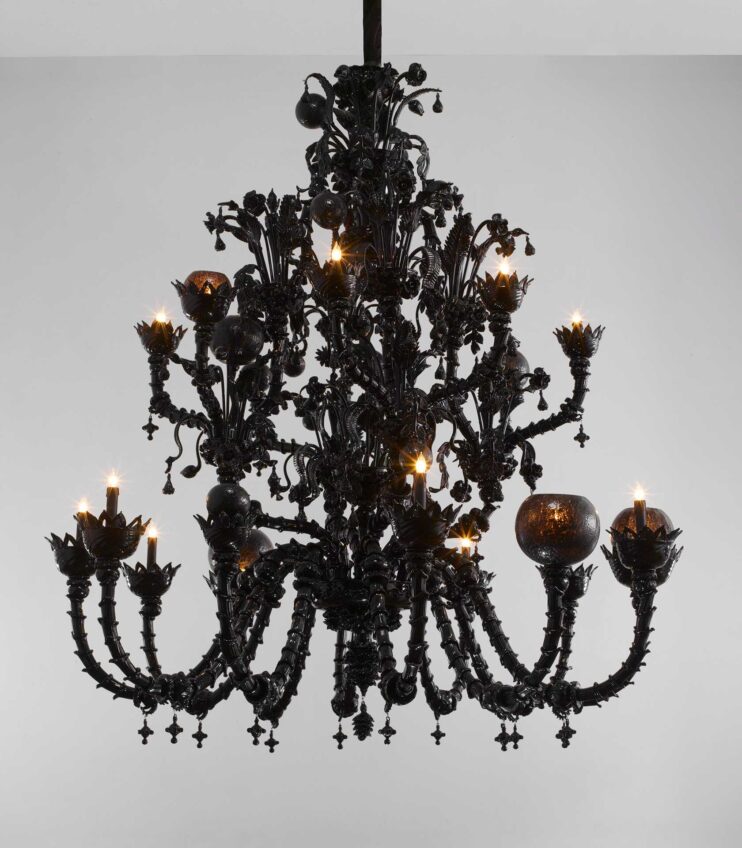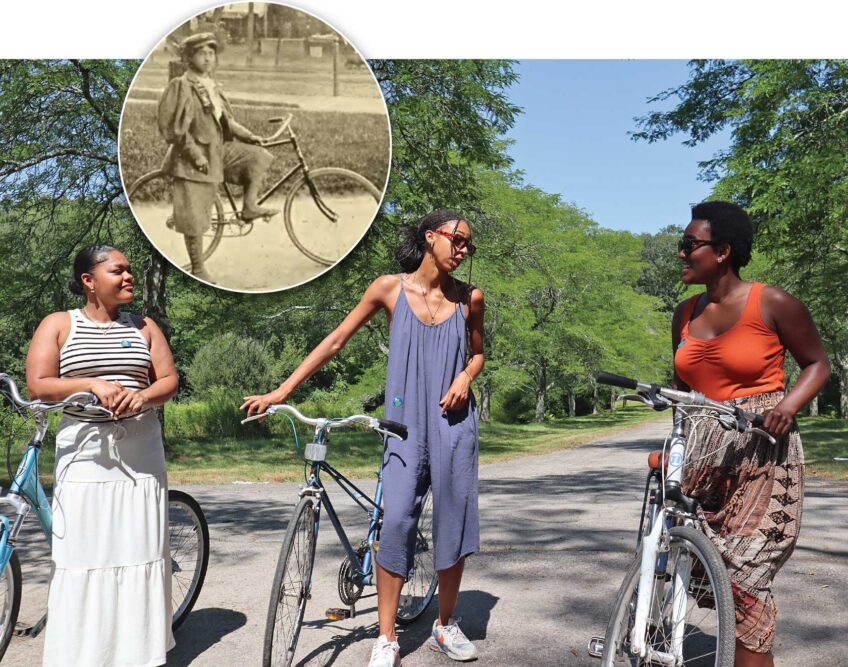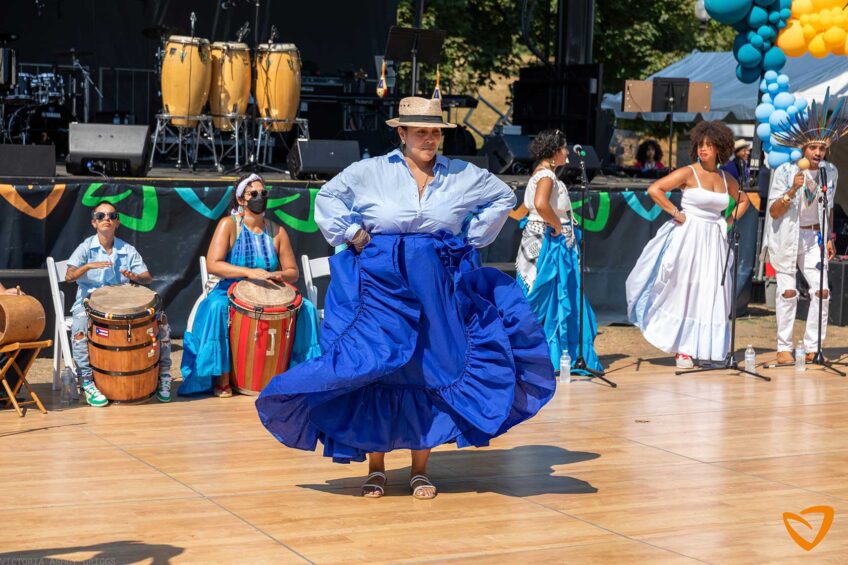
Fula Islamic scholar Omar Ibn Said was captured in his West African home in 1807 and brought to Charleston, S.C., where he was sold into slavery. Drawing strength from his faith, Said wrote 14 works on history and theology during his enslavement. This dark and moving slice of America’s past comes to life on stage in “Omar,” created by Grammy Award-winning musician Rhiannon Giddens and acclaimed film, television and classical music composer Michael Abels and performed by the Boston Lyric Opera.
“His story is a beautiful onion that you unwrap the layers of,” says Abels. “You can take it at face value as the recollections of an enslaved person or you can consider what an enslaved person would feel like being asked to write their autobiography and discover that in fact it’s what lies beneath the surface that really is the story of his life.”
One of the works written by Said was an autobiography, which was part of the extensive research Giddens did for the show. It’s the only known surviving account of United States slavery that was written in Arabic.
Giddens wrote the libretto and some of the melodies and Abels assisted in crafting the rest of the score. It was a collaborative effort drawing on many different styles of music from the African diaspora, including Senegalese and Islamic music. The show opens with the earliest recorded melody written by an enslaved person in North America, illustrating right away the rich, and horrifying, history Said lived.
“Omar” was commissioned by the Boston Lyric Opera with Spoleto Festival USA, Carolina Performing Arts, LA Opera, Lyric Opera of Chicago and San Francisco Opera. Its New England premier runs May 4-7 at the Emerson Cutler Majestic Theater.
Music is the primary mode of storytelling in opera and it sets the tone for the narrative here. “In Omar there are a lot of melodies that on their own are simple and joyful,” says Abels. “But it’s the context in which they take place that makes them melancholy or wistful or even chilling and upsetting. And a lot of that has to do with the orchestral milieu that the melodies are placed in.”
A prime example is the scene of an auction of enslaved people sung by the auctioneer. The music is upbeat and enthusiastic as the auctioneer promotes each sale, but the effect is chilling in the context of human bodies on the auction block.
Abel says this production is important for a number of reasons, not least of all because stories of enslavement and the darker pieces of U.S. history are at risk through book bans and school curriculum censorship.
“I hope people find some beauty and wonderment in seeing a mostly Black cast performing an opera,” says Abel. “The possibility of that in the long term is full inclusion in an art form that’s very expensive and very exclusive and hasn’t been very diverse up until now.”









